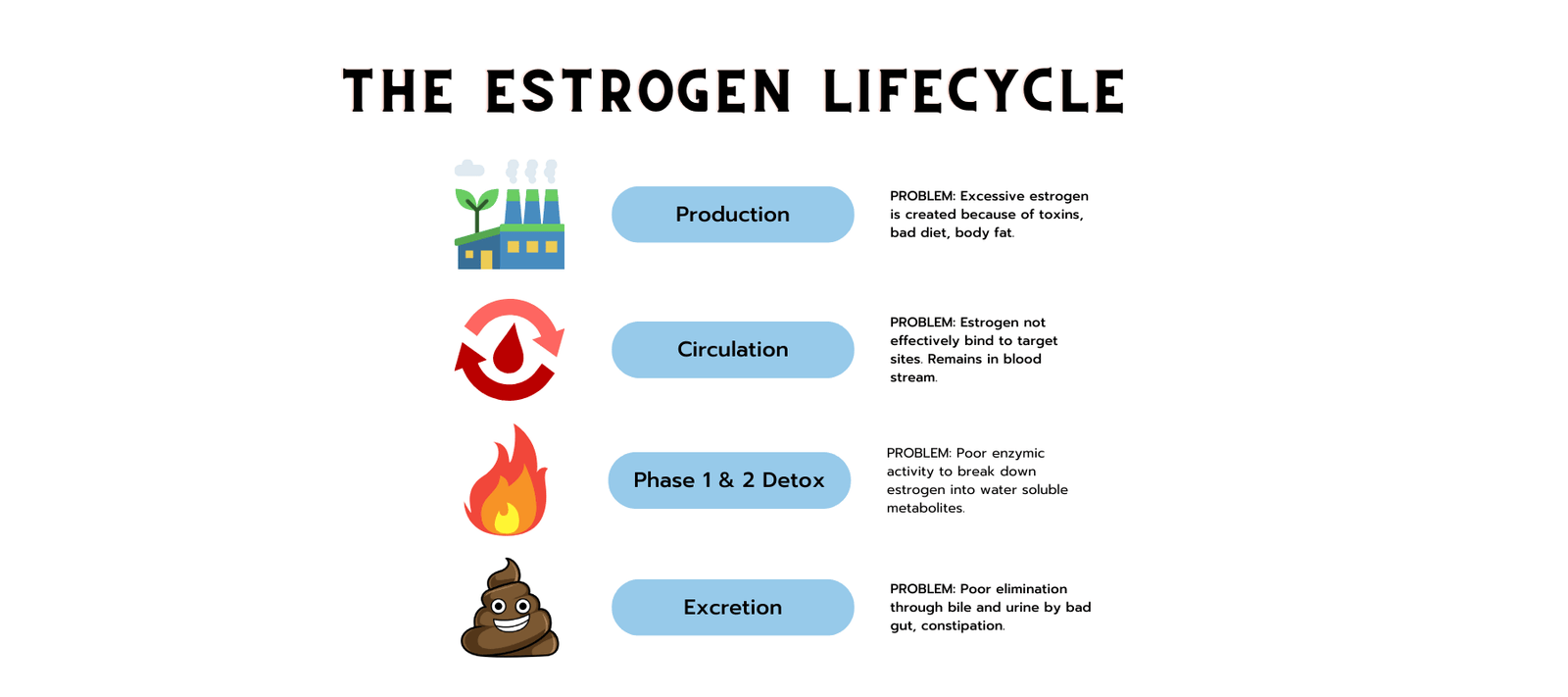DHA (Docosahexaenoic acid), is a fatty acid that is vital to early cognitive development and as a preventative to cognitive decline.
Docosahexaenoic acid (DHA) is the primary n-3 LCPUFA (Omega-3 Long-chain Polyunsaturated Fat) in the brain. It can be consumed with certain types of fish though usually not enough is consumed by foodstuffs. It’s a vital nutrient, read on to find out why.
Table of Contents:
- Quick overview of DHA
- What is DHA and why is it important?
- Effects on memory
- Effects on learning
- Anti-inflammatory and anti-depressant effects
- Retinal / Testes health
- Additional benefits of DHA
- How to take DHA (Step-by-Step)
- What stacks well with DHA?
- References
Quick overview of DHA (docosahexaenoic acid):
- Benefits: General cognitive function
- Actions: Important in the process of releasing neurotransmitters.
- Who is it good for? Anyone who is not regularly consuming fish such as anchovies or salmon, but especially for those who are pregnant, in early development, in cognitive decline i.e. suffering with Alzheimers and those with high triglycerides.
- Quality of studies: Well recognised among the scientific community that DHA is essential for cognitive function.
- Time to effect: In a review of studies on the efficacy of supplementing omega 3 fish oil which comprises mostly DHA (the brain component), increased brain activation was noticed after 8 weeks, but that “longer periods may be needed to result in improved cognitive performance” (Stonehouse 2014 (1)).
- Stacks with: CPD Choline and Uridine Monophosphate for the uridine/choline/DHA stack.
- Don't stack with: DHA can be taken alongside any other supplement.
- Recommended dose: 250mg a day for those aged 2-18 (European Food Safety Authority, 2014 (2)), <500mg for adults (Japan Ministry of Health (3)), 2000mg for those with high triglycerides (American Heart Association (in conjunction with EPA)).
What is DHA and why is it important?
DHA is an “essential nutrient” which means the human body doesn’t produce enough on its own to reach the required levels. The human brain is 60% fat, polyunsaturated fats are the most important fats in the brain for cognitive function, and of these DHA is the most vital.
Certain types of fish such as salmon and mackerel contain relatively high amounts of DHA, but if you don’t consume these regularly, i.e. on a daily basis, you may need to supplement DHA to maintain the levels the body (and brain) needs to function well.
DHA is found especially in phosphatidylserine, a phospholipid (type of lipid, lipid = fat-like substance) which makes up 70% of neuron (nerve cell) membrane (wall) tissue mass. Here, it helps in the storage, transmission and release of neurotransmitters. Phosphotidylserine makes up 2-10% of all phospholipids in the brain (JE Vance, 2008., J. Lipid. Res (3.5)). DHA is also found in phosphatidylcholine which works in neuron signalling.
Made up predominantly of DHA, these phospholipids essentially alter the fluidity of cell membranes by controlling the transmission of neurotransmitters via the neuroreceptors. DHA has many essential biochemical functions in the body and is involved in learning, memory, the stimulation of nerve cell growth and repair, and reduction of inflammation in the brain.
Generally, people do not consume enough DHA in their diet. Consumption amount depends partly on proximity to the ocean. Unsurprisingly, coastal communities tend to consume more DHA on average than inland communities: 238mg versus 117mg daily respectively (Patterson et al., 2008 (4)).
However, this is still far from the recommended intake (see above). In discussing global DHA intake, Forsythe et al., (5) conclude “the public health consequences of this global inadequacy [of DHA intake] need to be urgently considered”.
It’s also been found that there is a direct relationship between DHA intake and per capita gross national income (5). Although correlation doesn’t always mean causation, this is an interesting relationship to note. DHA is “essential” for normal brain development in early life (European Food Information Council (6)), so it is more than possible that lack of consumption of DHA results in improper cognitive development, hence this positive correlation between DHA intake and wealth.
In each following headings, we will look at how DHA impacts cognition in some of the key areas.
Effects on memory
A meta-analyses (which is a study that collects, analyses and reviews multiple studies in one field) was conducted on the field of DHA and memory in adults. This was done in 2015 by Yurko-Mauro et al., (7) and they found that memory was significantly improved with DHA supplementation of 500mg or greater per day. The P value for significance was <0.04, which means that these results were less than 4% likely to be due to chance.
Scientifically anything less than 5% is usually considered strong evidence for the hypothesis, which in this case is that DHA improves ‘episodic memory’. Episodic memory is memory of past experiences unique to you.
Effects on learning
Studies have shown that DHA is an important part of early development in particular in facilitating learning in children. Kuratko et al., (2013 (8)) comment that “low brain DHA results in impaired learning and behaviour” in animals.
In that same study they reviewed the literature to examine this in toddlers. They looked at 15 studies and found that DHA supplementation showed beneficial effects on learning in over half of the studies examined, which “suggested an important role for DHA in school performance”.
Anti-inflammatory and anti-depressant effects
Studies have shown that DHA has anti-depressant properties. This is in part due to the anti-inflammatory mechanisms that n-3 LCPUFAs such as DHA exert onto the neurophysiology of the brain. DHA reduces the expression of tumor necrosis factor-a and cyclo-oxygenase-2 (Dah-yuu Lu et al., 2010 (9)).
Tumor necrosis factor-a is a cell signalling protein involved in inflammation and cyclo-oxygenase-2 is an enzyme targeted by anti-inflammatory drugs. Inhibiting these things will reduce inflammation in your brain and this has been shown to result in the relief of depressive symptoms.
It also doesn’t take a genius to figure out that if your brain is functioning more properly by getting the proper levels of something like DHA that your brain needs, you are probably going to feel better for it.
Retinal / Testes health
DHA is a primary component of the retina, accounting for 50-60% of the total fatty acid content within rod outer segments of photoreceptors (Querques et al., 2011 (10)) and has been linked to semen quality by reducing mutation rate in DNA germ cells (Esmaeili et al., 2015 (11) Conqeur et al., (2000) (12)). DHA is an important component for both eye and testicular health.
Additional benefits of DHA
As stated in the overview, DHA has a vital, if not necessary role to play for those in certain categories. Studies have shown that cognitive decline is correlated with declines in DHA. This is noted in the degenerative disease Alzheimer’s. Astarita et al (2010 (13)) found that DHA levels in Alzheimer’s sufferers were reduced in the temporal cortex, mid-frontal cortex and cerebellum.
Compared with the control group the significance value was 0.007, meaning a .7% chance that the difference between the Alzheimer’s group and the control group was due to chance, which is extremely low.
As discussed, 0.05/5% is the standard for scientific significance, 0.01/1% is considered stringent. DHA has also been shown to reduce the risk of coronary heart disease (CHD) compared with control groups (meta-analysis by Alexander et al., 2017 (14)).
DHA is an important part of development of the foetus, the foetus is largely dependent on placental transfer of DHA from the mother, and this transfer continues via the breast milk after birth (15)
How to take DHA (Step-by-Step)
Take one capsule containing 500mg of pure DHA per day. Preferably, take it with a meal, for example with breakfast. This optimises absorption. Natural sources of DHA (fish) contain double this amount (US Office of Disease Prevention and Health Promotion (16)), so if you don’t regularly eat certain kinds of fish like salmon on a daily basis, you could take more than 500mg per day, such as 1000mg. DHA is such a significant component of the brain and body, increasing the amount is unlikely to have any negative effects. The European Food Safety Authority says “Supplemental intakes of DHA alone up to about 1 g/day do not raise safety concerns for the general population” but always take advice from your doctor or dietician. We recommend not exceeding 500mg per day of the Lifetropics DHA supplement. Most studies show efficacy with this dosage of supplementation.
Remember to drink plenty of water, 2-3 litres per day depending on your body weight and take supplements with a varied diet.
What stacks well with DHA?
Dr. Richard Wurtman’s lab conducted research that resulted in the formulation of a melatonin sleep aid used by over 3 million people in the US alone. The same lab found of uridine, choline and DHA that: when taken together “accelerate the formation of synaptic membranes” (18). The combination of these three supplemented nutrients helps to promote “optimal synaptogenesis”.
Synaptogenesis is the formation of synapses between the neurons, and this occurs at an accelerated rate in developing minds, dubbed “exuberant synaptogenesis”. This might explain how as children our experience was more elevated, we take in more information and adapt to new information more quickly.
If you thought the availability and average consumption of DHA was poor, actually uridine is even worse on this front, they state that “no food has ever been compelling demonstrated to elevate plasma uridine levels”. It’s a similar story with choline, which is lacking in most peoples’ diets as well.
References
(1) https://www.ncbi.nlm.nih.gov/pmc/articles/PMC4113767/
(2) https://efsa.onlinelibrary.wiley.com/doi/10.2903/j.efsa.2014.3840
(3) https://www.mhlw.go.jp/shingi/2009/05/dl/s0529-4g.pdf
(3.5) https://www.ncbi.nlm.nih.gov/pubmed/18204094
(4) http://citeseerx.ist.psu.edu/viewdoc/download?doi=10.1.1.624.6878&rep=rep1&type=pdf
(5) https://www.ncbi.nlm.nih.gov/pubmed/27288396
(6) https://www.eufic.org/en/whats-in-food/article/the-importance-of-long-chain-fatty-acids-in-early-life
(7) https://www.ncbi.nlm.nih.gov/pubmed/25786262
(8) https://www.ncbi.nlm.nih.gov/pubmed/23877090
(9) https://www.ncbi.nlm.nih.gov/pmc/articles/PMC3055314/
(10) https://www.ncbi.nlm.nih.gov/pmc/articles/PMC3206354/
(11) https://www.ncbi.nlm.nih.gov/pubmed/25951427
(12) https://www.ncbi.nlm.nih.gov/pubmed/10757545
(13) https://www.ncbi.nlm.nih.gov/pubmed/20838618
(14) https://www.mayoclinicproceedings.org/article/S0025-6196(16)30681-4/abstract
(15) https://www.ncbi.nlm.nih.gov/pubmed/10974044
(16) https://efsa.onlinelibrary.wiley.com/doi/pdf/10.2903/j.efsa.2012.2815
(18) https://www.ncbi.nlm.nih.gov/pmc/articles/PMC4011061/





Leave a comment (all fields required)